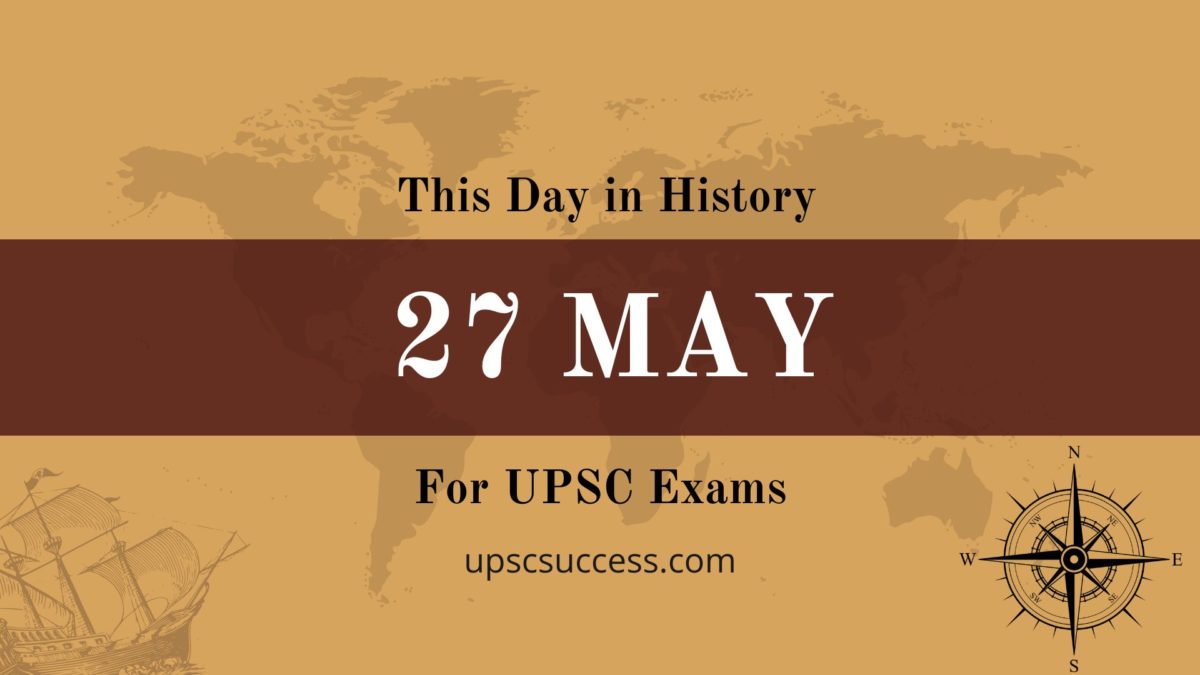Contents
This Day in History on 27th May
The historical events hold a lot of value for aspirants who are sitting for UPSC competitive exams including the IAS Exam.
On this page, we will list all historical events that occurred on the 27th of May. The students can refer to them while preparing for all competitive exams and banking exams.
Important Days
Maharashtra Sahitya Patrika Day.
Important Events
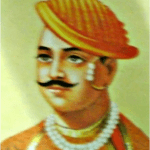
1857: Nana Sahib was captured at Kanpur.
1906: Gandhiji writes to his brother Lakshimidas, stating his disinterestedness in worldly possessions.
1906: Establishment of Maharashtra Sahitya Parishad.
1906: Maharashtra Sahitya Patrika Day.
1930: Jayaprakash Narayan, Labour Research Cell, arrested after Dandi March.
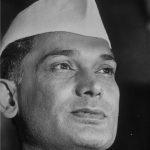
1930: Maulana Abul Kalam Azad was arrested during Salt Movement.
1930: India’s major cities are seething with unrest following the arrest of Mahatma Gandhi and thousands of his followers in the campaign of civil disobedience against British rule. Civil unrest in Bombay, where at least six were killed and sixty injured.
1941: WWII – US President Franklin D. Roosevelt declared a state of emergency.
1948: The trial of nine men accused of assassination of Gandhi before a special court judge at the Red Fort. The trial ended on 30th Dec.
1951: Taraporewala Aquarium was inaugurated at Mumbai by President Dr. Rajendra Prasad.
1952: The use of Hindi language in addition to English language and of Devnagri form of numerals in addition to the international form of Indian numerals was authorised for warrants of appointments of Governors of State, Judges of the Supreme Court and Judges of the High Court.
1952: United Nationalist Party and the Indian Democratic Party combined to form one opposition party – National Democratic Party with Dr. S. P. Mukherjee as leader.
1957: Copyright Act was passed.
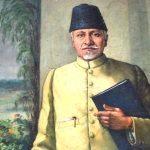
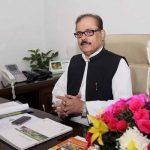
1964: Gulzarilal Nanda has entrusted the responsibility as Acting Prime Minster of India. He held this office till June 9, 1964. He is till date the only Acting Prime Minster of India.
1968: Second Jawaharlal Nehru Award for International Understanding was given to Reverend Martin Luther King posthumously.
1995: National Centre for Labour launched in Bangalore to give a boost to the unorganised worker’s movement in India.
1999: Sharad Pawar, Tariq Anwar and P.A. Sangma launch the Nationalist Congress Party.
1994: Russian-born novelist Alexander Solzhenitsyn returned home to Russia after being in exile in the United States for 20 years.
2016: Barack Obama is the first president of the United States to visit Hiroshima Peace Memorial Park and meet Hibakusha.
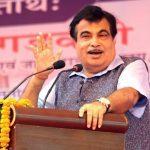
Birthday / Anniversary
1931: O. N. V. Kurup, a Malayalam poet and lyricist.
1938: Bhalchandra Nemade, an Indian Marathi language writer, poet, critic, and linguistic scholar.
1942: K. V. Vijayendra Prasad, an Indian film screenwriter, and director.
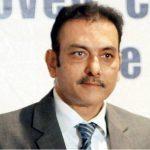
1957: Nitin Gadkari, Indian lawyer and politician, Indian Minister of Transport
1962: Ravishankar Jayadritha Shastri, cricketer (Indian SLA all-rounder 1981-92), was born in Bombay.
1975: Mike Hussey, an Australian cricket coach, commentator, and former international cricketer.
1977: Mahela Jayawardene, a Sri Lankan cricket coach, and former cricketer.
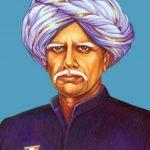
Death / Death Anniversary
1910: Robert Koch, a German physician, and microbiologist.
1919: Kandukuri Veeresalingam, father of modern Telugu language, author, and social reformer, passed away.
1935: Ramabai Bhimrao Ambedkar, the first wife of B. R. Ambedkar.
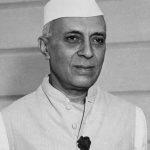
1964: Pandit Jawaharlal Nehru, first Prime Minister and architect of modern India passed away at the age of 74.
1978: P. Kunhiraman Nair, an Indian writer of Malayalam literature.
1986: Ajoy Kumar Mukherjee, an Indian independence activist and politician former Chief Minister of West Bengal.
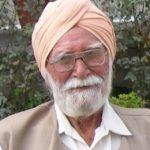
1994: Tarktirth Laxmanshastri Joshi, an internationally famous omniscient, passed away.
1998: Minoo Masani, 92, co-founder of the Swatantra Party, passed away in Mumbai after a brief illness.
2007: Ed Yost, the American inventor of the modern hot air balloon.
2013: Jagjit Singh Lyallpuri, Indian politician (b. 1917)

